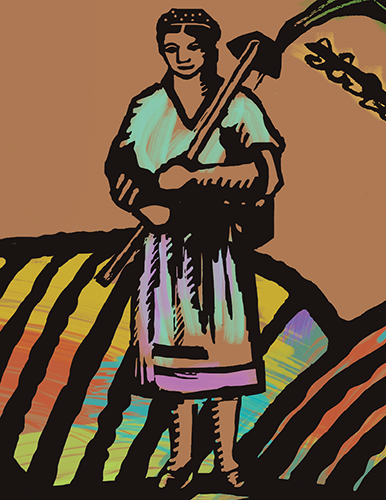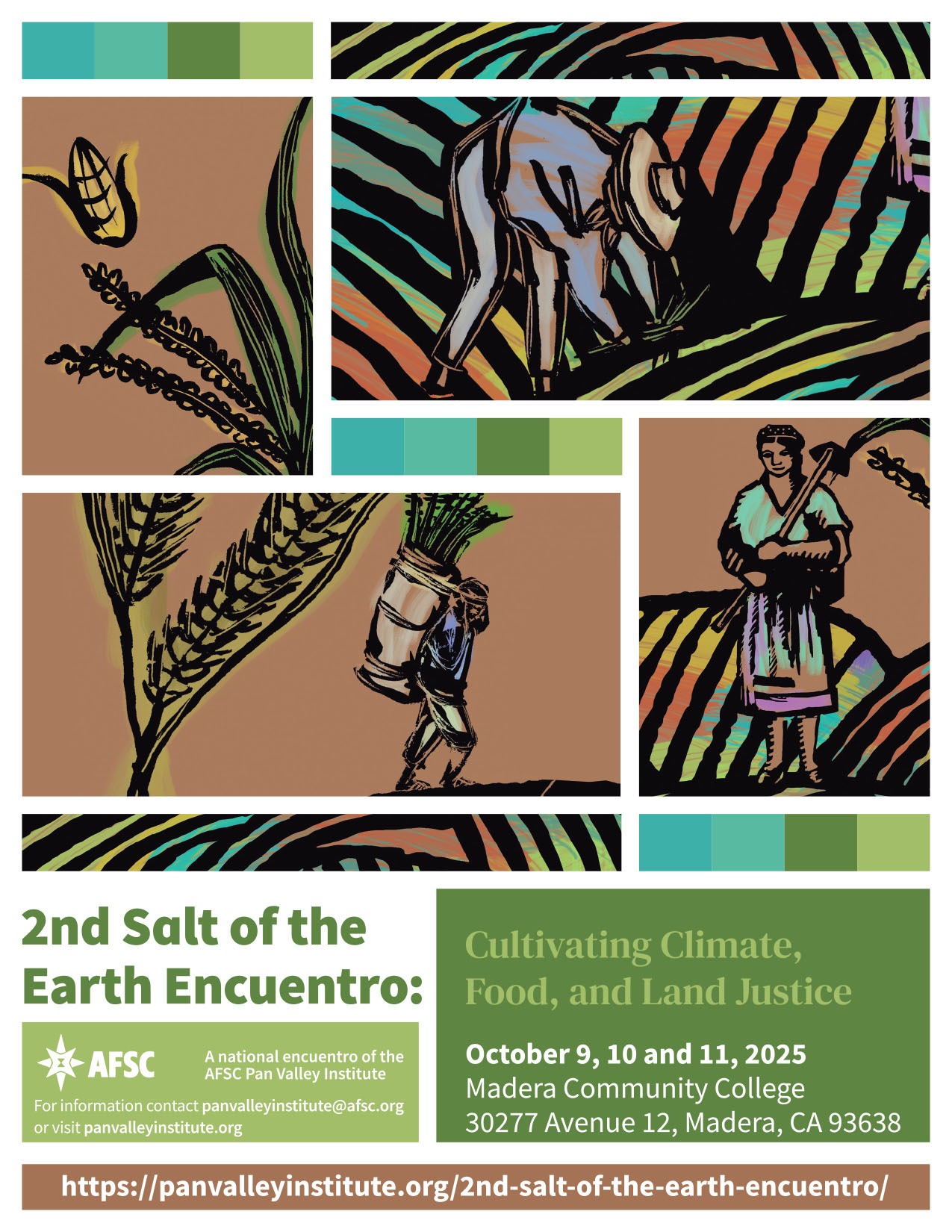
AFSC-PVI Artwork
2nd Salt of the Earth
Cultivating Climate, Food, and Land Justice
in California’s Central Valley
October 9, 10 & 11, 2025
Madera Community College 30277 Ave 12.
Madera, California 93638
Encuentro Sponsors
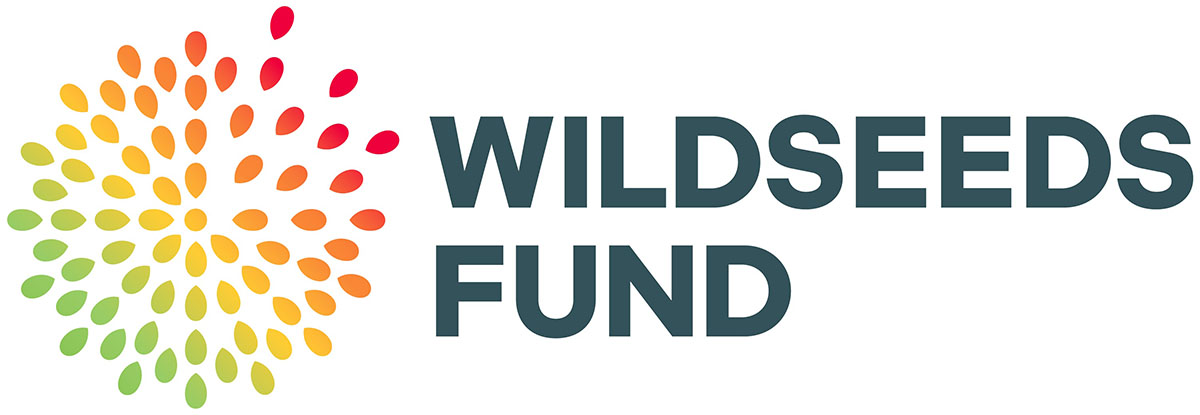
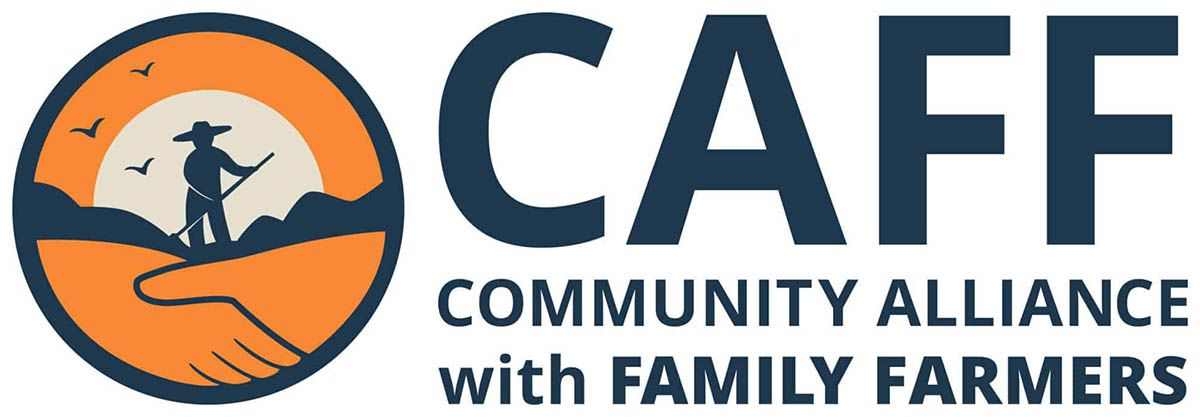


![FTHF_Final_Logos-05[60] FTHF logo](https://panvalleyinstitute.org/wp-content/uploads/2025/08/FTHF_Final_Logos-0560.jpeg)

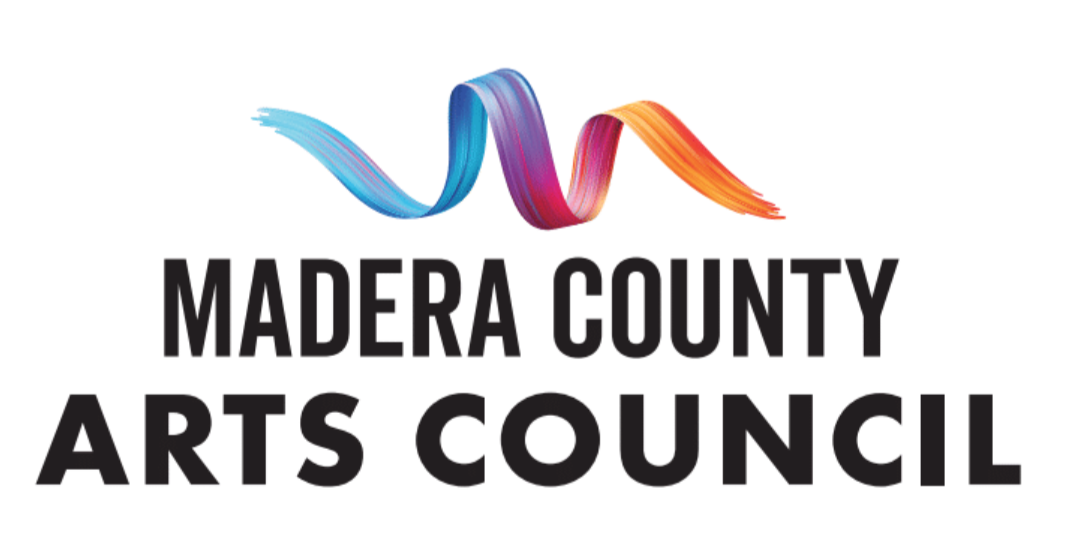
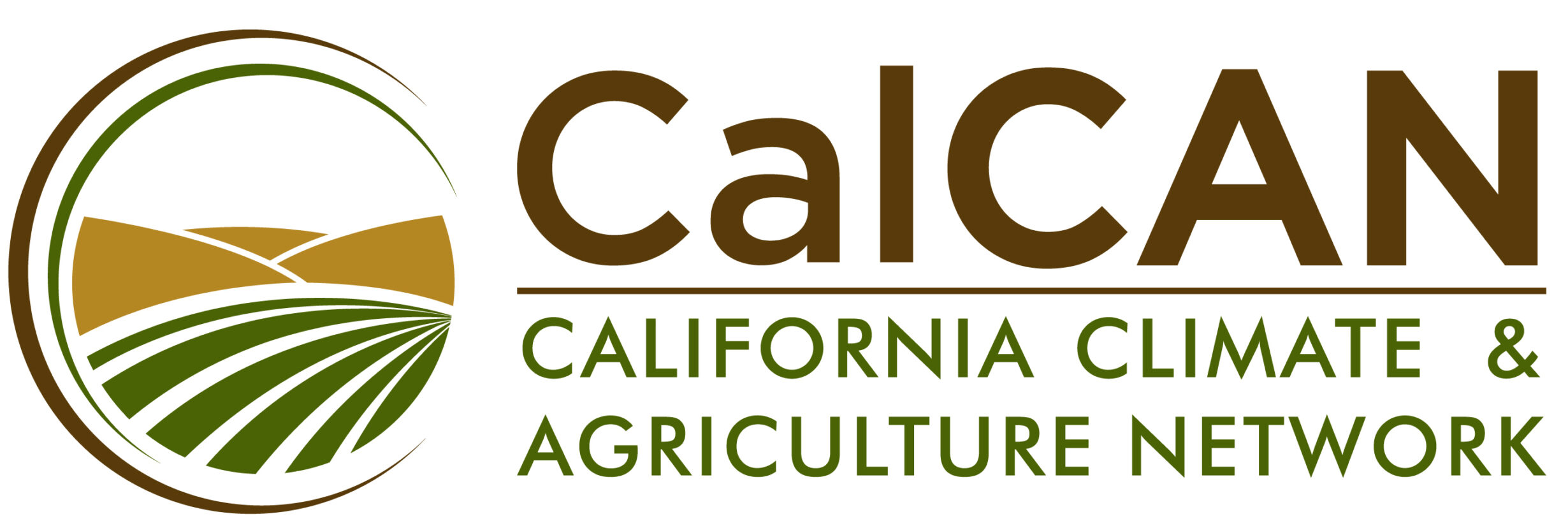


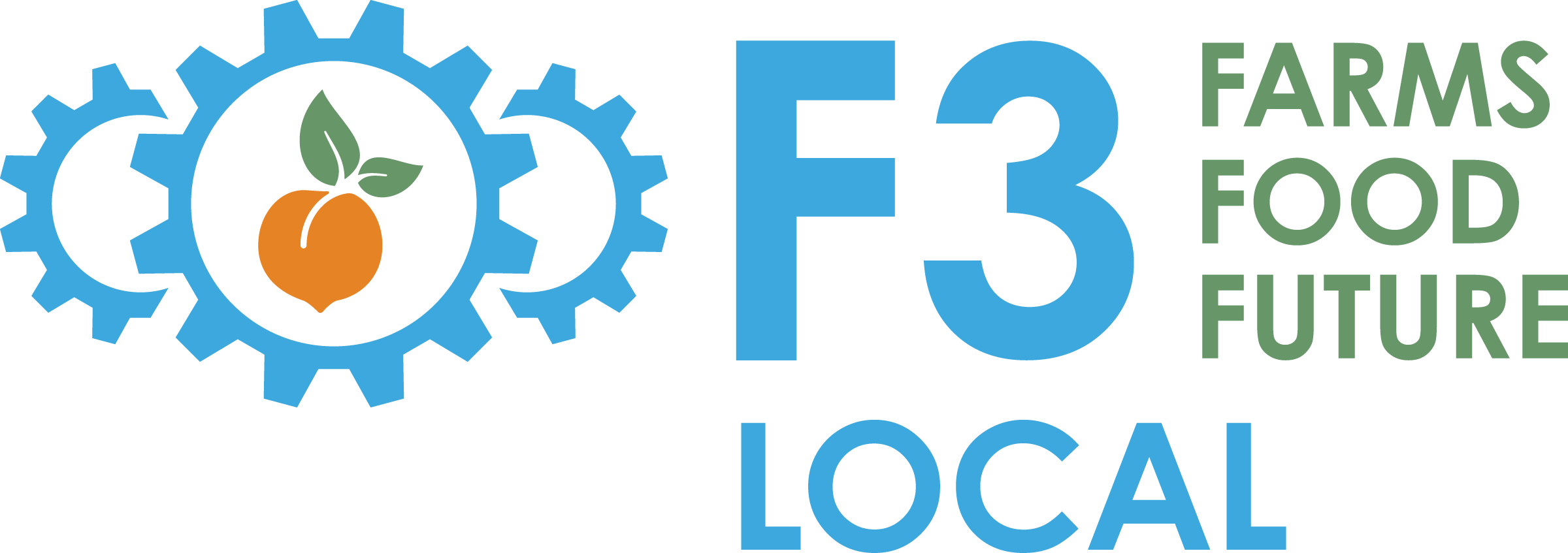
The second Salt of the Earth Encuentro will take place on October 9, 10 and 11, 2025.
The first Encuentro, held in April 2023, brought together organizers, activists, artists, academics, small farmers, food entrepreneurs, and farmworkers to share their work and knowledge on the event’s main themes.
Building on the lessons from the first Encuentro, climate change and climate justice will be central to the second iteration. We will explore the role of food in strengthening community relations, fostering cross-cultural solidarity, and reclaiming identity. We will also examine alternatives for creating more equitable and community-driven economic systems.
On October 9, we will showcase a multimedia exhibit in Madera. On October 10, we will visit Hmong small farmers in Merced County as well as host a cultural kitchen in Fresno featuring Mexican, Indigenous, Native American, Hmong, Lao, Arab, and Afghan flavors. multimedia exhibit in Madera. On October 10, we will visit Hmong small farmers in Merced County as well as host a cultural kitchen in Fresno featuring Mexican, Indigenous, Native American, Hmong, Lao, Arab, and Afghan flavors.
On the third day of the encuentro, October 11, participants will have the opportunity to listen to our keynote speaker encuentro, October 11, participants will have the opportunity to listen to our keynote speaker Mas Masumoto. There will be a series of pláticas, and participants will have the chance to engage in meaningful conversations about how the agricultural industry contributes to climate change, what climate change looks like in this region, and strategies for addressing its impact and building climate justice.
We will also open spaces to discuss issues of land access, food deserts, and strategies for creating accessible, healthy food markets.
Participants will also have the chance to get a poster signed by the renowned artist Narsiso Martinez.
Another highlight of the second Salt of the Earth will be the launch of a one-year campaign at the opening of a multimedia exhibit that shares compelling stories about the migration of various crops, foods, and indigenous agricultural knowledge brought to the Central Valley by a diverse range of communities.
These include Native Americans who were forcibly displaced from their land, African Americans who migrated from the Southeast, and immigrants from farms in Armenia, South and Southeast Asia, Mexico, and Central America.
With these two events, we intend to:
- Reframe the story that depicts farm work as unskilled labor and instead acknowledge the vital contributions of people of color to the region’s agricultural wealth, economic growth, and rich food culture.
- Change the stories about immigrants, refugees, and communities of color in the Central Valley. Instead of being viewed as socially disadvantaged or uneducated, these communities will be recognized for their rich knowledge of food and land—gifts they have shared to build caring communities throughout the region.Show how diverse communities have shaped the region’s food culture—not only through agricultural labor but also by bringing in new produce, sharing indigenous land stewardship knowledge, and enriching the region’s culinary traditions.
- Challenge the common narratives that see industrial agriculture as the only way to boost productivity in the Central Valley. By highlighting indigenous farming methods, cultural food traditions, and immigrant entrepreneurship, we reveal alternative food production methods that often focus on sustainability and community health rather than just profit.
- Recognize the soil, native plants, and watersheds that industrial agricultural practices have influenced. By emphasizing indigenous land stewardship techniques and sustainable farming practices, we promote ecological methods that benefit the entire Central Valley ecosystem.
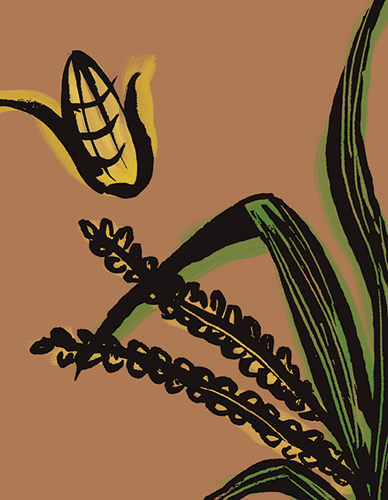
We also hope that at the second Salt of the Earth Encuentro:
-
Immigrants and refugees–especially women–will build stronger relationships, skills, and resources for income-generating projects centered on climate and food justice. Their wider networks will open up opportunities for meaningful involvement in political, cultural, and economic arenas, allowing them to more effectively challenge migration, economic, and climate injustices.
-
Focusing on specific cultural practices, agricultural innovations, and food traditions can promote greater cross-cultural appreciation and understanding. This increased awareness can help bridge the gaps between communities that have historically remained disconnected despite their closeness.
For more information, visit:
https://panvalleyinstitute.org/2nd-salt-of-the-earth-encuentro/
